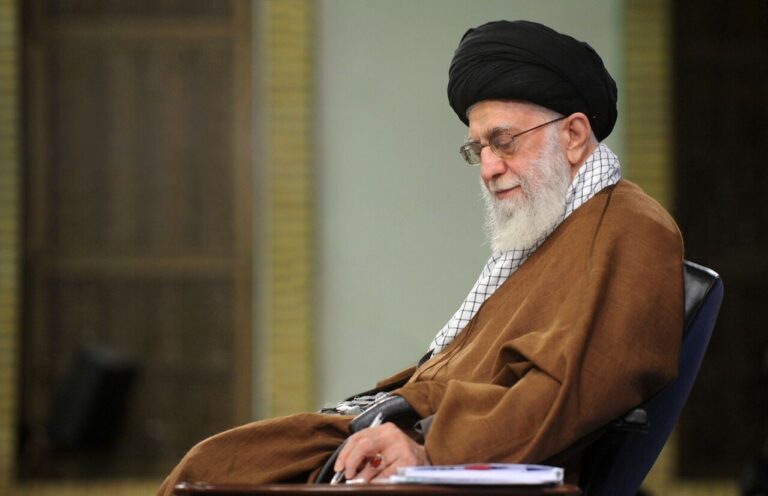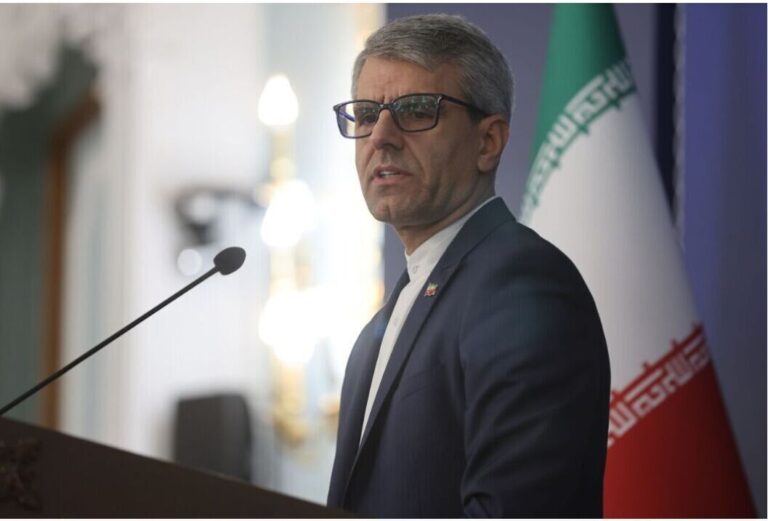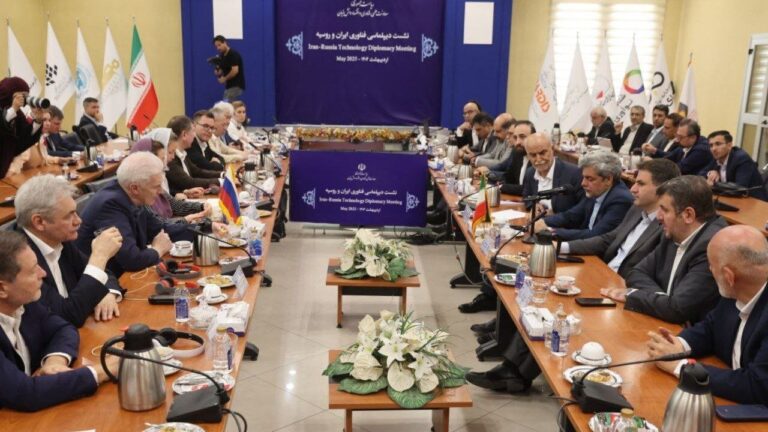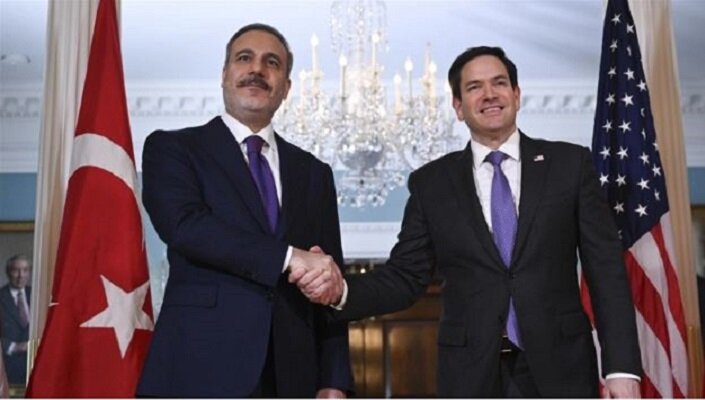Iran’s Dilemma: Internal Conflict Over Nuclear Weapons Development
Recent remarks from a senior adviser to Iran’s Supreme Leader have ignited a fiery debate about the potential for Iran to pursue nuclear weapons in response to perceived threats from the United States. In a televised interview on Monday, Ali Larijani suggested that if Iran were attacked and public demand for nuclear arms arose, even the Supreme Leader’s religious decree (fatwa) against weapons of mass destruction could be reconsidered. Nevertheless, he emphasized that Iran is not currently seeking nuclear arms and remains committed to its cooperation with the International Atomic Energy Agency (IAEA).
Larijani’s comments highlight the complex dynamics surrounding Iran’s nuclear ambitions and the interplay between its political factions. The Supreme Leader’s fatwa against nuclear weapons was previously presented by Iranian officials at the International Conference on Nuclear Disarmament in April 2010. However, historical precedents suggest that such religious decrees could be modified based on changing circumstances.
Many hardliners and ultra-hardliners in Tehran, who are typically critical of moderate conservatives like Larijani, have rallied behind his remarks on social media. Some notable responses include:
- Vahid Yaminpour: A prominent ultra-hardliner and former state television executive, praised Larijani’s comments as a wise and timely act, stating, “Had any other political figure raised the possibility of the Islamic Republic moving toward nuclear weapons, they would have been accused of warmongering or bluffing.”
- Seyed Komail: An ultra-hardliner social media activist, boldly declared, “The Iranian nation wants nuclear weapons,” in response to Larijani’s statements.
- Abdollah Ganji: Former editor of the IRGC-linked Javan newspaper, dismissed worries about potential US or Israeli strikes, arguing that Iran’s nuclear facilities are well-fortified and capable of withstanding attacks.
Ganji warned that a military strike could prompt Iran to withdraw from the Non-Proliferation Treaty (NPT) and retaliate against US military bases and Israel. On the other hand, Larijani’s statements appear to diverge from the official stance of the Iranian government. Shortly after his interview, Iran’s Foreign Minister Abbas Araghchi reiterated on X that Iran would “under no circumstances” pursue or develop nuclear weapons, stressing the importance of diplomacy as the preferred approach.
Nour News, an online platform believed to be connected to Iran’s Supreme National Security Council (SNSC), also commented, questioning whether the US is ready to deal with the repercussions of escalating tensions. However, Larijani’s remarks have not gone without criticism. Detractors argue that such rhetoric only provides the US and Israel with justification for pre-emptive military action.
One cleric, Saeed Ebrahimi, expressed concerns on X, stating, “The Leader’s fatwa prohibiting nuclear weapons is absolute and without exceptions,” adding that discussing the possibility of nuclear bombs would grant Iran’s adversaries a pretext for aggression.
Political commentator Mohammad Rahbari suggested that Larijani’s statements might indicate Iran is alarmingly close to achieving nuclear capability, which aligns with the pretext Israel has been seeking for a preemptive strike. Senior reformist journalist Mohammad Sahafi cautioned that such nuclear posturing could alienate potential allies who might otherwise support Iran in the face of Western pressure.
Hemmat Imani, an international relations researcher in Iran, criticized Larijani’s comments as “unprofessional” and born from a position of weakness. He argued that such statements lacked merit and could provide opponents with strong grounds for pre-emptive action, ultimately shaping a global consensus against Iran.
Others speculate that Larijani’s remarks may serve as part of ongoing indirect negotiations with Washington. Iranian environmental journalist Sina Jahani suggested that Ali Larijani’s “warning” should be interpreted as a strategic move in high-level discussions.
Arvand Amir-Khosravi, a Norway-based academic, described Larijani’s comments as a “form of nuclear blackmail” that the Islamic Republic has utilized as a threat for years. He claimed the threat was merely a propaganda tactic aimed at gaining leverage in potential negotiations, asserting that pursuing nuclear weapons would likely provoke military retaliation instead of enhancing Iran’s security.
Reports from the United States Office of the Director of National Intelligence in November 2024 indicated that as of September 26, Iran was not actively developing a nuclear weapon. However, IAEA Director General Rafael Grossi recently characterized Iran’s nuclear program as “extremely ambitious and wide-ranging,” warning that the country’s uranium enrichment levels had approached weapons-grade and were perilously close to enabling nuclear weapon acquisition.
As the situation unfolds, the implications of Larijani’s remarks continue to be a focal point of discussion, raising questions about Iran’s future nuclear intentions and the potential consequences on international relations.






